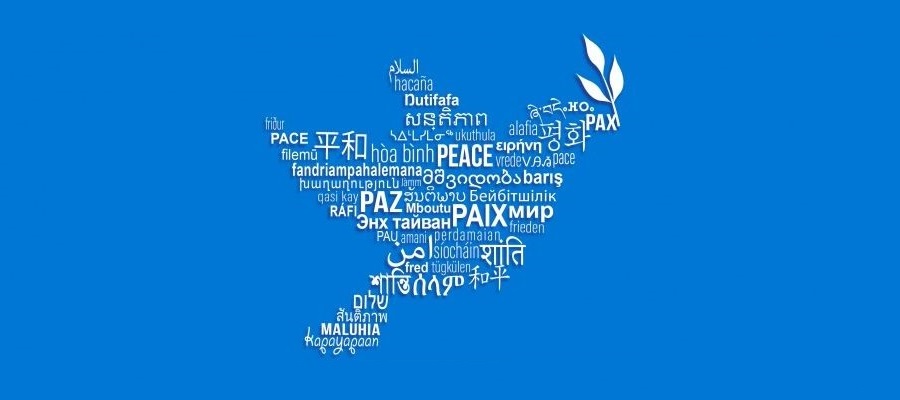Languages are the most powerful instruments of preserving and developing our tangible1 and intangible heritage. All moves to promote the dissemination2 of mother tongues will serve not only to encourage linguistic diversity and multilingual education but also to develop fuller awareness3 of linguistic and cultural traditions throughout the world and to inspire solidarity based on understanding, tolerance and dialogue.
(From the United Nations International Mother Language Day site)
International Mother Language Day is a worldwide annual observance held on 21 February. Its aim is to promote awareness of linguistic and cultural diversity and multilingualism. It was formally recognized by the United Nations General Assembly in its resolution in establishing the year 2008 as the International Year of Languages.
The observance of International Mother Language Day was suggested by a Bengali man living in Vancouver, Canada. He wrote a letter to Mr. Kofi Annan (the seventh Secretary-General of the United Nations) asking him to take a step for saving all the languages of the world from the possibility of extinction.
The primary significance of this day is to promote the preservation of all the languages used by people of the world.
Speaking about the history of our language, it is a must to mention the names of Anton Bernolák (the author of the first Slovak language standard) and Ľudovít Štúr (the leader of the Slovak national revival in the 19th century, and the author of the Slovak language standard, eventually leading to the contemporary Slovak literary language). The list of outstanding linguists who contributed to the codification of our language will definitely not end with these two most significant ones mentioned above.
Our mother language or mother tongue is Slovak and our closest neighbours speak Czech. Both our languages belong to west Slavonic/Slavic branch of the Indo-European language family.
Slovak, the official language of the Slovak Republic, is spoken by 5.2 million people, including expatriate Slovak communities in Canada, Hungary, Poland, Romania, Serbia and Montenegro, Ukraine and the USA.
Our language is said to be the most difficult language to learn. We native speakers might not realize it, but to learn it as a foreign speaker is a really hard and long struggle.
When preparing this article, I have come across a number of really very strange and misleading facts concerning our countries and languages. You should take everything you read online with a grain of salt! Don’t believe everything you read online!
Activities:
Ask your native English lecturer what he/ she finds most difficult when learning Slovak/Czech.
What do you find most difficult when learning your mother tongue?
If you were a minister of education, what changes (if any) would you suggest making to Slovak/Czech language?
Do you think Slovak and Czech languages need to be simplified to make them easier for contemporary students?
What simplifications would you suggest?
Martin Prostredný
Vocabulary: 1 hmotný; 2 šírenie – šíření; 3 uvedomenie – uvědomění

